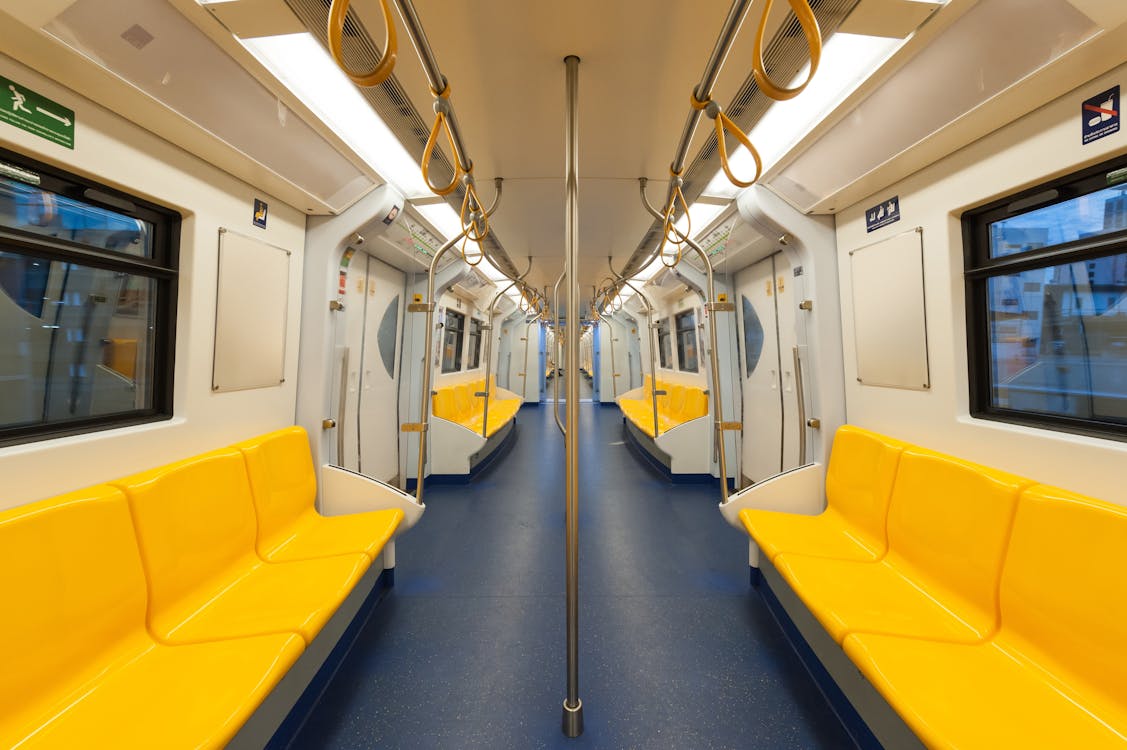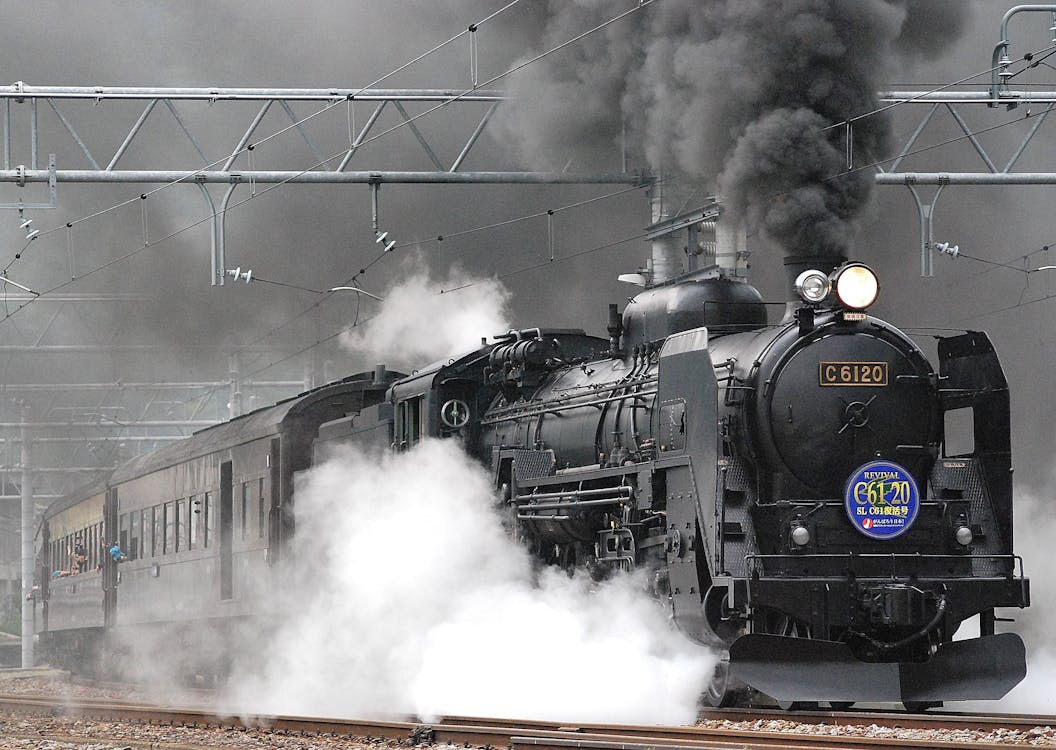
Let's say you're playing with this sentence/conversation:
- Person 1: Pour aller à la gare de Lyon, s'il vous plaît ?
To go to the station of Lyon, if you please? [How does one get to the Lyon station?] - Person 2: Prenez le métro, c'est à 2 stations.
Take the subway, it's in 2 stations. [Take the subway, it's two stations away from here]
Now, if you don't know the word "gare" (station) already, then you can totally use this short conversation to learn it.
- Pour aller à __ de Lyon, s'il vous plaît ?
- Prenez le métro, c'est à 2 stations.

Same thing for the abstract word "Pour" (to/for/in order to):
- __ aller à la gare de Lyon, s'il vous plaît ?
- Prenez le métro, c'est à 2 stations.


The next step is to keep going until you've covered all of the unfamiliar territories in this little conversation. If you're just starting out, "à" (to) might be new to you. So you'd do the same thing with that preposition.
Also "prenez" (take) is probably new. This one's particularly interesting because it's a conjugated form of the verb, "prendre" (to take). So you can actually produce TWO sets of flashcards. One is for "prenez":
- Pour aller à la gare de Lyon, s'il vous plaît ?
- __ le métro, c'est à 2 stations.

But the new flashcard type is a "Dictionary Form" card, and the correct answer is "prendre":
What's the Dictionary Form of the missing word??
- Pour aller à la gare de Lyon, s'il vous plaît ?
- __ le métro, c'est à 2 stations.

These dictionary form cards allow you to connect words like "prendre" and "prenez" together. You can use them whenever you see a verb conjugations, plurals, adjectives that change form from context to context, etc)
Basically, when you want to learn grammar or abstract words, your job is to take a sentence or conversation where you understand what's happening, and then create as many flashcards as it takes for you to memorize all the surprising content.
If something is already obvious to you, then don't make flashcards. But if it makes you go "Huh! That's interesting how they say that!" then make flashcards for that concept.
There is one other type of flashcard that you can create out of these sentences, and that's a word order card. You won't use these as often as the other two card types (new words, like "gare" or dictionary form cards like for "prendre/prenez") in French, but will still be useful.
You use word order cards when the LOCATION of a particular word is surprising to you. For instance, in this sentence:
- Person 1: Le train de 8 heures pour Nantes part de Montparnasse ?
The train of 8 hours for Nantes leaves from Montparnasse? [The 8:00 train to Nantes leaves from Montparnasse station?] - Person 2: Oui, c'est bien ça
Yes, it's good that. [Yes, that's right.]
It may be surprising to you that "de 8 heures" shows up so early in that first sentence.
If that's surprising, then you'd make a word order card:
Where does "de 8 heures" belong in this sentence?
- Le train pour Nantes part de Montparnasse ?
- Oui, c'est bien ça


Alternatively, if the word order there isn't surprising, then don't make that card. The basic philosophy is always: "If it's surprising to you, make some flashcards to remember it. If not, don't."
That's it!